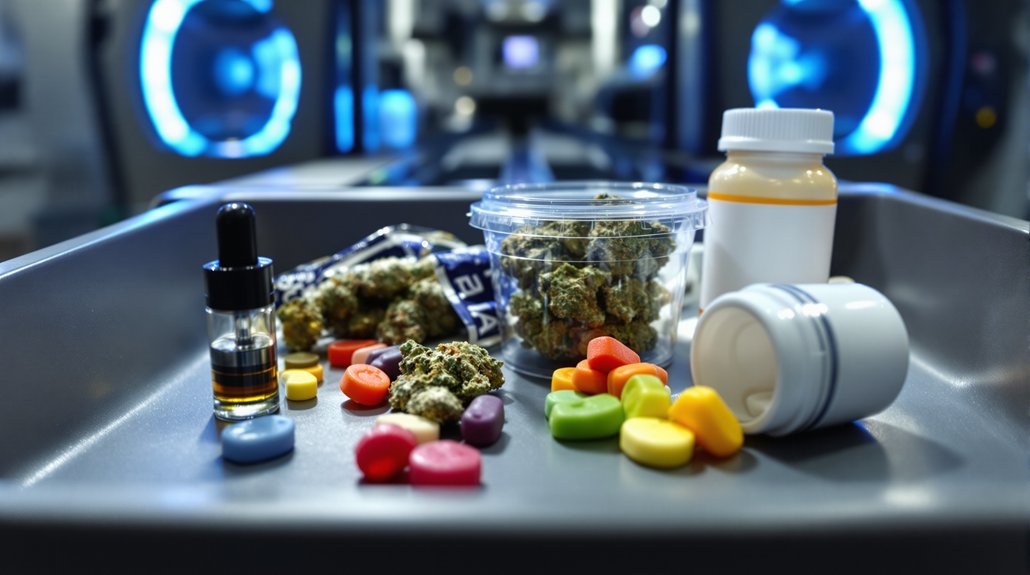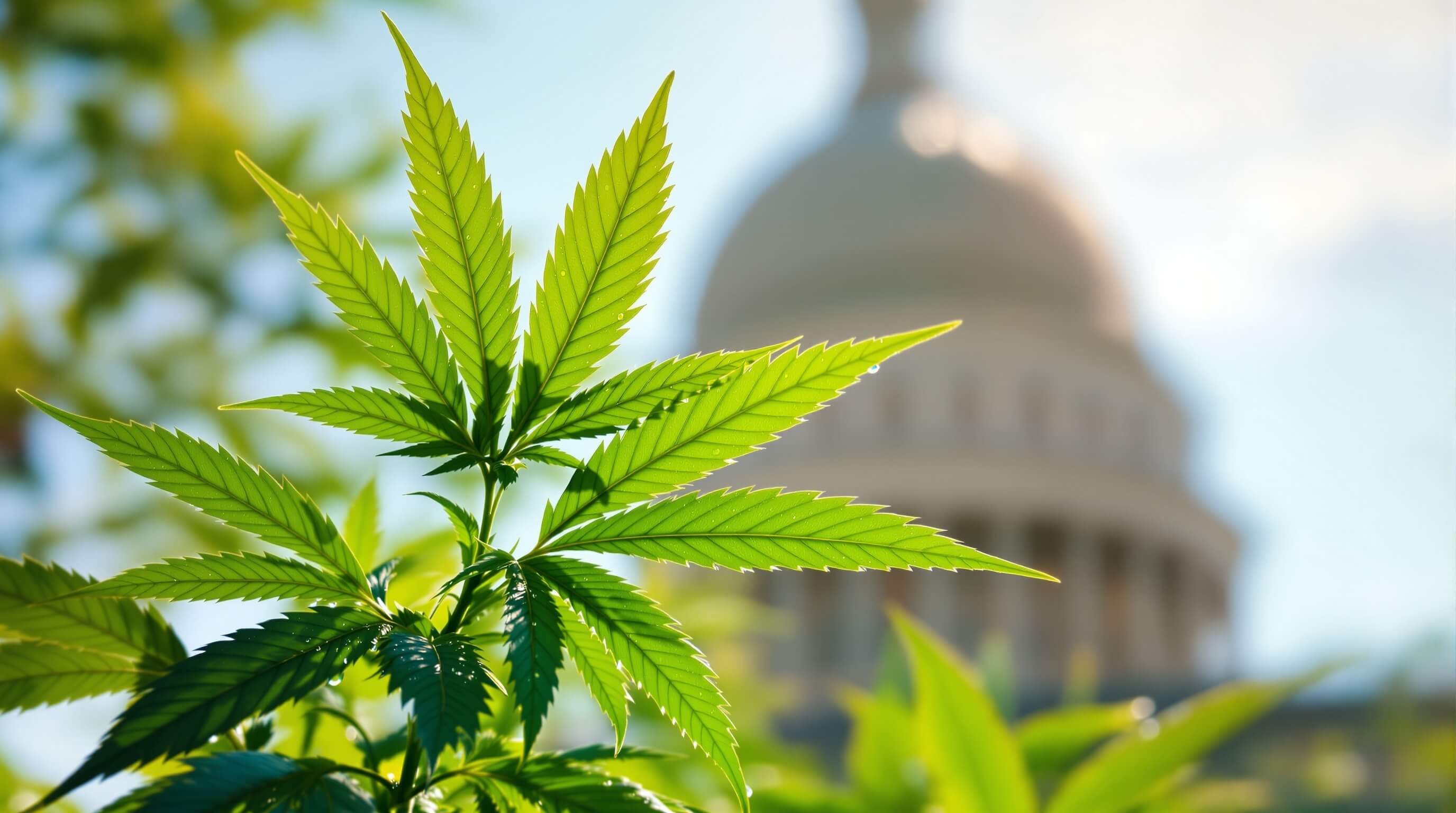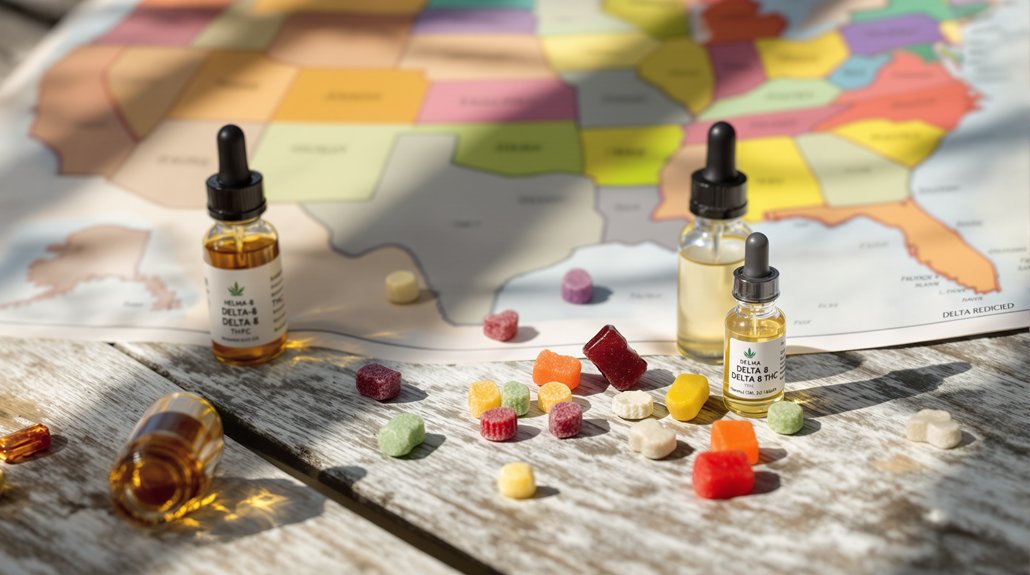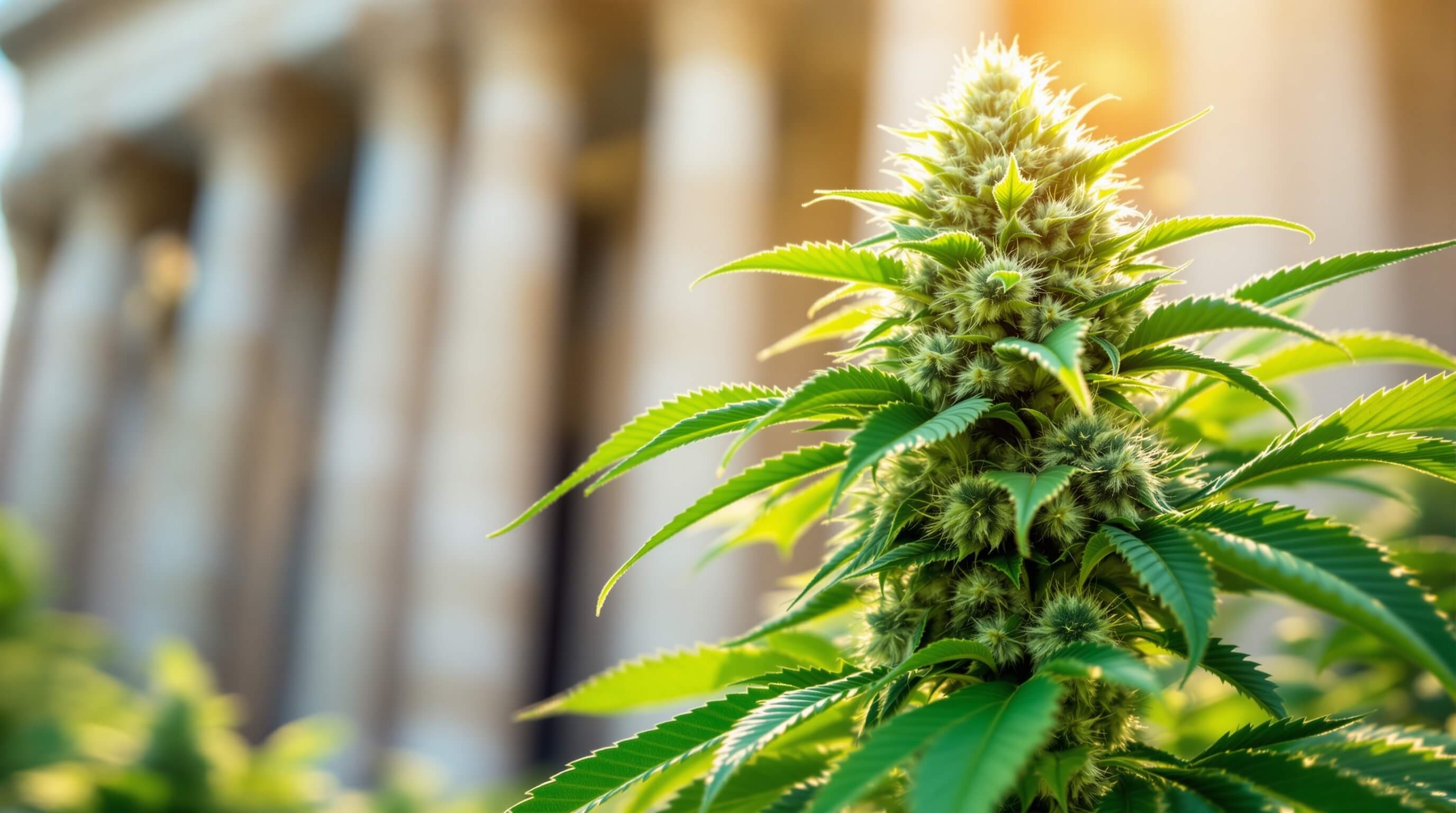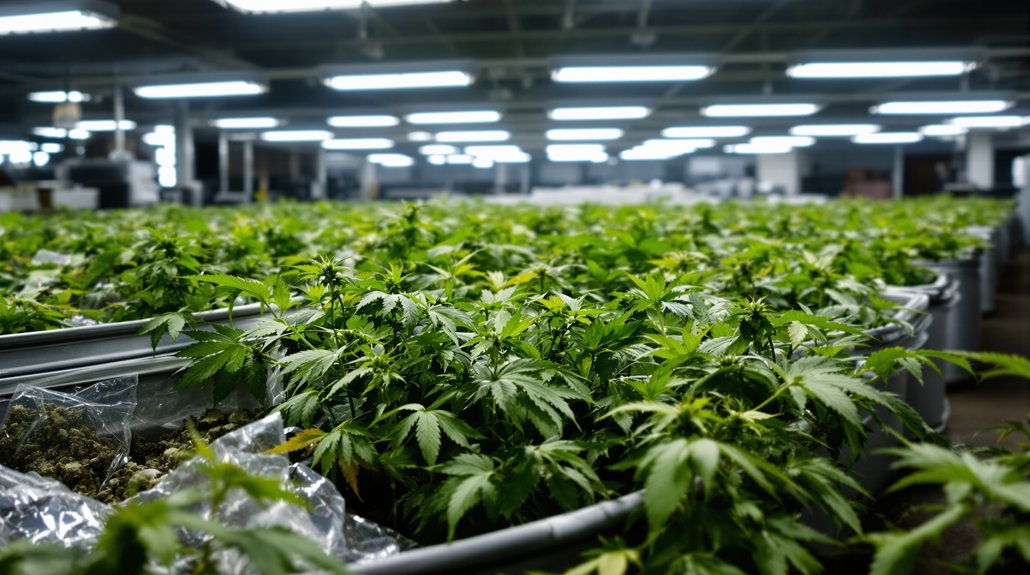Despite growing acceptance of medical marijuana across dozens of states, travelers attempting to fly with cannabis products in 2025 face a complex web of federal regulations that override local laws the moment they enter an airport. Marijuana remains classified as a Schedule I controlled substance under federal law, and airports operate under federal jurisdiction where state-issued medical marijuana cards carry no legal weight.
State medical marijuana laws become powerless once travelers enter federally-regulated airports, creating legal complications regardless of local cannabis acceptance.
The Transportation Security Administration operates under clear federal guidelines that make no exceptions for medical cannabis users. While TSA officers do not actively search for marijuana during security screenings, focusing instead on aviation security threats, they are required to report any cannabis discoveries to law enforcement. This mandatory reporting occurs regardless of whether the departure or destination state has legalized medical marijuana, creating uniform enforcement across all airports nationwide.
Different forms of cannabis present varying detection risks and legal complications. Flower cannabis proves easiest to detect due to its distinctive odor and visibility on security scanners. Edibles may resemble ordinary snacks but remain federally illegal if containing THC above 0.3 percent. Vape pens and cartridges must travel in carry-on luggage per FAA regulations, yet they violate federal law when containing THC. Concentrates, while sometimes mistaken for cosmetic products, carry heightened risks due to their potency and concentrated form.
Interstate travel compounds these legal challenges extensively. Flying with marijuana between states remains federally illegal even when both locations permit medical cannabis use. Federal law governs all air travel from TSA screening through landing, completely overriding state authorizations and medical documentation. International flights carry even stricter prohibitions, with potential for severe penalties under both domestic and foreign laws. Financial institutions that service cannabis businesses must file suspicious activity reports when handling transactions related to cannabis transportation.
Law enforcement responses vary considerably when cannabis is discovered. Outcomes range from simple confiscation and disposal to detention, citations, or arrest, depending on local policies, quantity involved, and officer discretion. Medical cannabis patients receive no special protections at federal checkpoints, and state rights become irrelevant once federal jurisdiction takes effect. Larger quantities or suspected distribution intent may trigger criminal investigations and prosecution. New Yorkers 21 and older may possess up to three ounces of cannabis at Port Authority airports without facing tickets or arrest from local police. TSA will refer situations involving cannabis to airport police or local authorities.
Limited exceptions exist for specific products meeting federal standards. Hemp-derived CBD products containing 0.3 percent THC or less are generally permitted when properly labeled and in original packaging. FDA-approved cannabis medications like Epidiolex and Marinol may travel legally with proper prescription documentation. However, these narrow exceptions require careful compliance with labeling and documentation requirements, and travelers bear the burden of proving their products meet federal standards during any security encounter.
